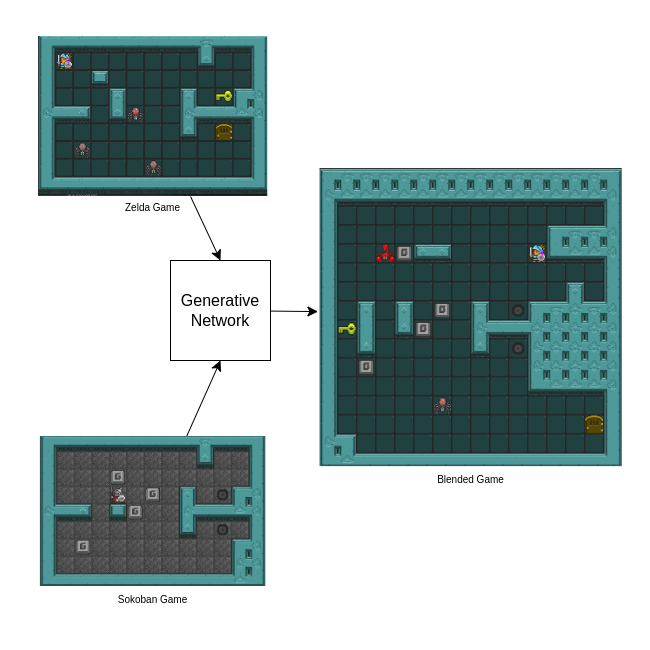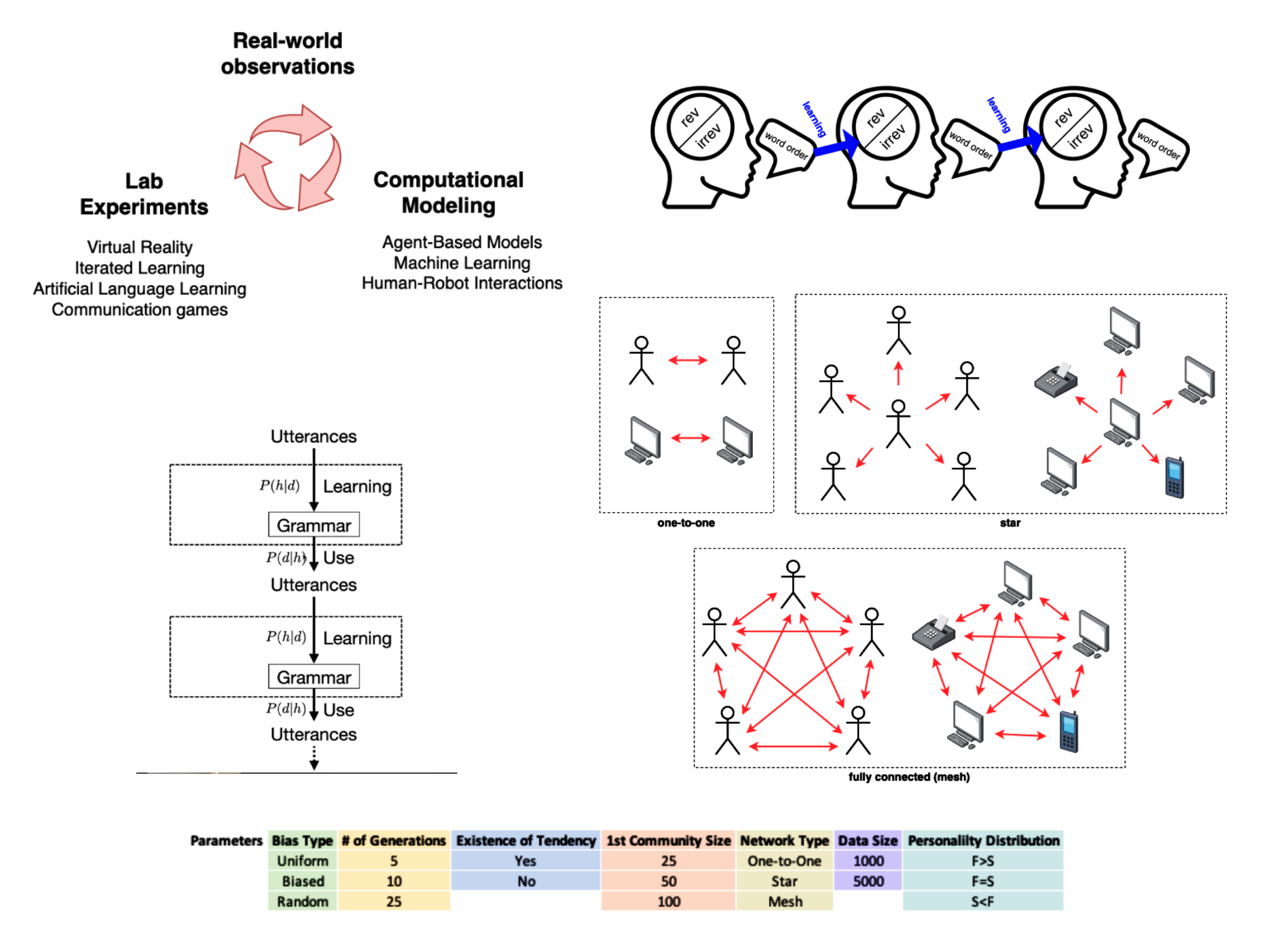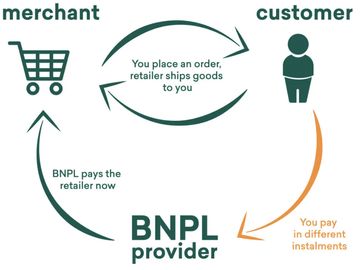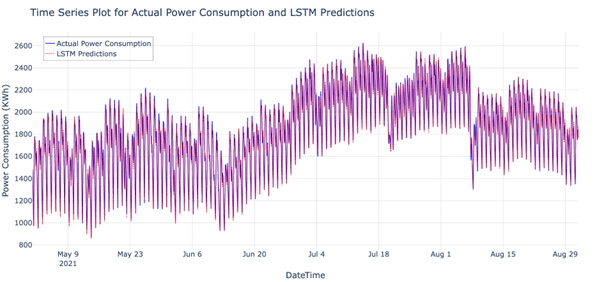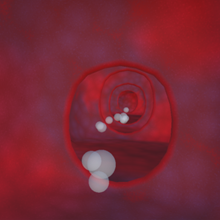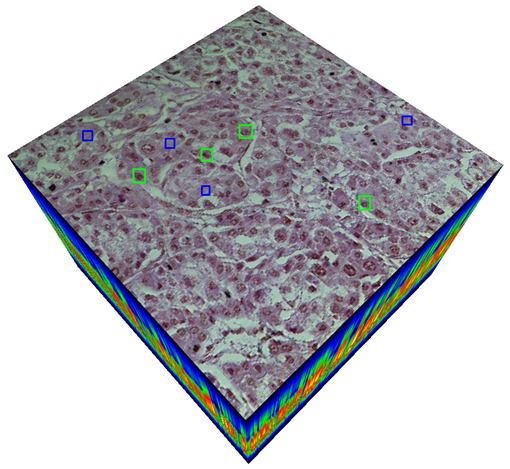Ömer Faruk Karakaya, A New Approach to Increase Variability and Playability via Game Blending
This thesis presents a novel method that actively blends game levels using advanced procedural generation techniques and maintains the playability of the blended game. It introduces a structured approach for blending additional game elements like game physics, objects, and rules. The research tests various procedural generation techniques against each other, evaluating the novelty, diversity, and complexity of the levels these networks create.
Date: 24.07.2023 / 15:00 Place: A-212
